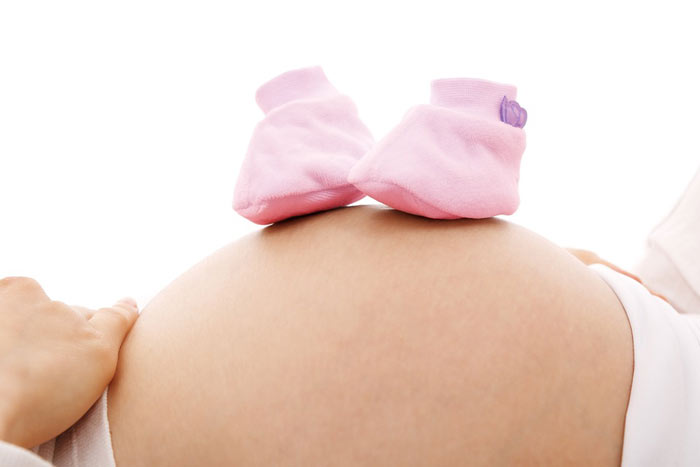Fetal Alcohol Syndrome: What You Need to Know About Drinking While Pregnant
Drinking during pregnancy is a bit of a taboo subject, but there are some things you should know.

Although some doctors now advise that a glass of wine here or there is okay, it’s crucial that we understand the risks before drinking while pregnant.
Here’s what you need to know about fetal alcohol syndrome.
1. Fetal alcohol syndrome is permanent
Fetal alcohol syndrome (FAS) occurs when the pregnant mother engages in excessive drinking during pregnancy. It can cause brain damage and growth problems, and neither one is reversible.
When you’re thinking about drinking during pregnancy, you may want to ask yourself if it’s worth the risk. Your child could grow up with a serious mental disability because of your habit. And if that’s not enough to sway your opinion, consider that it may also be more difficult for you to care for a child with a disability.
2. There is no safe amount of alcohol during pregnancy

This statement can be a bit controversial because doctors have varying opinions on the matter, but the fact remains that we don’t know when or how much you can drink before you’ll cause FAS.
Naturally, studies on the subject would be completely unethical, so we’re left to guess. And for many moms, the unknown element is enough to keep them away from alcohol entirely.
With that said, it’s unlikely that one glass of wine will lead to fetal alcohol syndrome. If you’ve had a few sips here and there or a champagne toast at a celebration, don’t stress over it. But do avoid drinking alcohol regularly.
3. There are three terms to describe fetal alcohol disorders
Fetal alcohol syndrome is one of three terms to describe fetal alcohol disorders. FAS represents the most extreme case and may result in death. Other symptoms of FAS include abnormal facial features, growth problems, and central nervous system problems. The other two are:
- Alcohol-related Neurodevelopmental Disorder (ARND)
People with ARND may have learning and mental disabilities. They may also exhibit behavioral issues and have difficulty with things like memory, judgment and impulse control.
- Alcohol-Related Birth Defects
Someone with an alcohol-related birth defect may have heart, kidney, bone or hearing problems. They may also have a combination of any of these issues.
4. It’s difficult to diagnose FAS
Although we can be sure that excessive drinking causes fetal alcohol syndrome, it is difficult to diagnose on a case-by-case basis. For one, it helps if the mother is honest about her alcohol consumption during pregnancy. Otherwise, doctors look for the following features:
- Abnormal facial features, such as smoothness between the nose and upper lip
- Low height, weight or both
- Small head size
- Poor coordination
- Attention problems
- Hyperactivity
5. Early intervention can help

If a baby is born with FAS, early intervention may help. There is no cure for FAS, but the child will have a better chance of overcoming learning disabilities and behavioral issues. A good treatment plan may include educational therapy, behavioral therapy, and parent education. It’s also crucial that the child is raised in a loving and nurturing environment to help overcome issues related to the disability.
If you’re pregnant and think you may have a drinking problem, get help as soon as possible. An alcohol detox may sound scary on top of all the other physical demands of pregnancy, but it’s much better than the alternative. Don’t try to go it alone. Especially during pregnancy, you’ll need someone to monitor your vital signs to ensure the health of you and your baby.
Fetal alcohol syndrome is a serious disorder, but it can be prevented. If you know someone who is drinking while pregnant, encourage her to seek help with her addiction before it’s too late.
